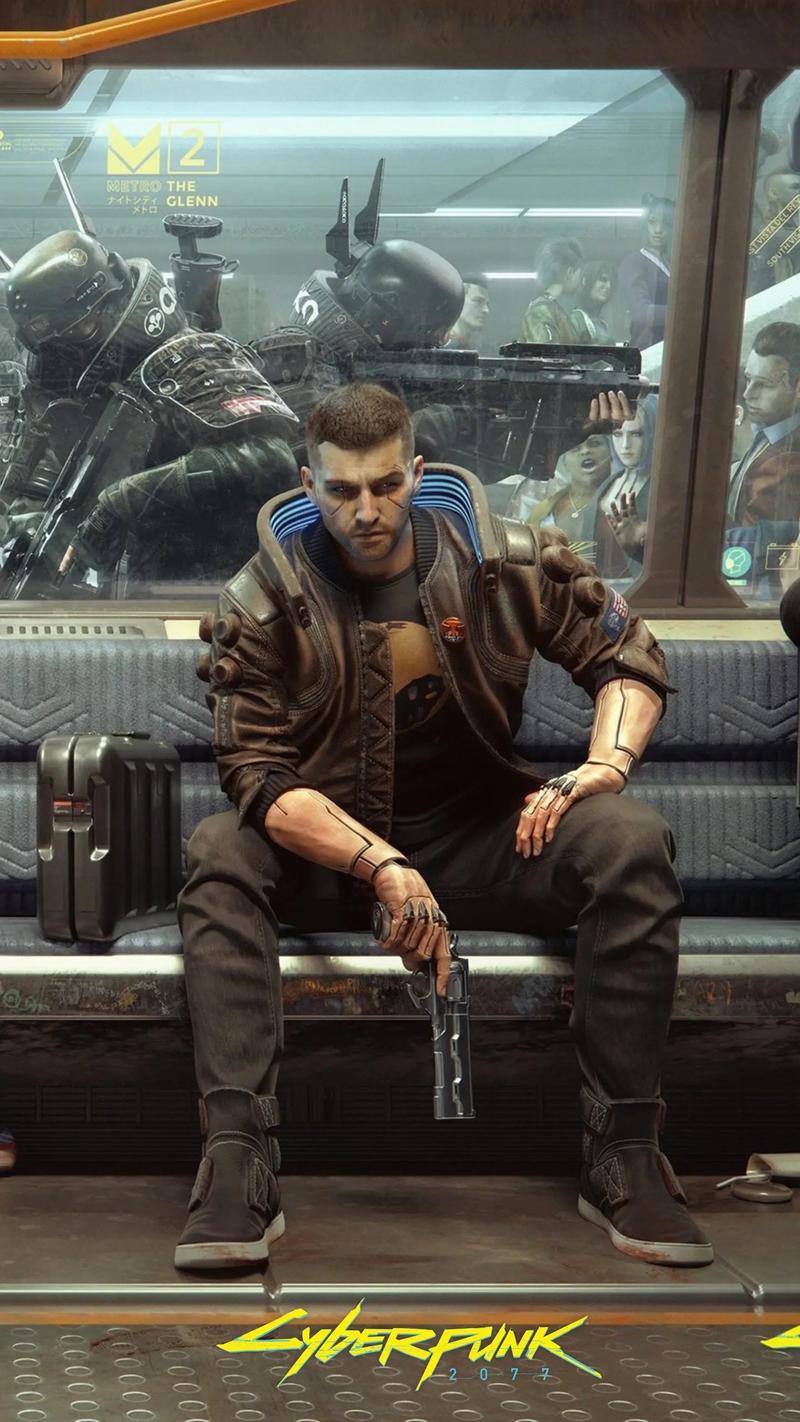Disco Elysium: The Final Cut Score: Narrative Innovation
Few games have redefined storytelling in the medium as boldly as Disco Elysium. Originally released in 2019 by ZA/UM, the isometric role-playing game stunned critics and players alike with its dense, literary prose, deeply personal narrative, and an unprecedented level of player agency. With Disco Elysium: The Final Cut (2021), the game not only expanded its scope with full voice acting and additional content but also solidified its place as a landmark in interactive storytelling. At the heart of its brilliance lies its narrative innovation—how it subverts traditional RPG conventions, embraces failure as a storytelling tool, and constructs a world that feels alive through its intricate systems and writing.
1. The Fragmented Protagonist: A Revolutionary Approach to Character
Most RPGs allow players to shape their protagonist through choices, but Disco Elysium takes this further by making the protagonist’s mind the central battleground. You play as an amnesiac detective whose psyche is a cacophony of conflicting voices—represented by 24 distinct skills, each with its own personality. From the logical Logic to the hedonistic Electrochemistry, these skills don’t just assist in solving cases; they argue, manipulate, and even sabotage you.
This internal dialogue is more than a gimmick—it’s a narrative masterstroke. The game doesn’t just let you roleplay a character; it forces you to negotiate with one. Your choices don’t merely affect the world; they reshape who you are. Want to be a superstar cop? A communist revolutionary? A nihilistic drunk? The game doesn’t judge—it adapts, weaving your failures and contradictions into the story. This fragmentation of identity makes the protagonist one of gaming’s most complex figures, blurring the line between player and character.
2. Failure as a Narrative Engine
In most games, failure is a setback. In Disco Elysium, it’s often the preferred outcome. The game’s skill-check system ensures that failing rolls can unlock surprising, sometimes superior, narrative paths. A botched attempt to intimidate a suspect might lead to an unexpected moment of vulnerability, revealing deeper layers of the story. Even death—whether from a heart attack, existential despair, or an ill-advised jump—becomes a darkly comedic narrative beat rather than a "Game Over" screen.

This design philosophy turns traditional RPG progression on its head. Instead of rewarding optimization, Disco Elysium rewards authenticity. A detective who fumbles his way through conversations, misreads clues, and succumbs to his vices can have a richer, funnier, and more human story than a flawless supercop. The game’s willingness to embrace imperfection makes it feel less like a power fantasy and more like a lived-in, deeply personal experience.
3. Political and Philosophical Depth Without Preaching
Many games shy away from overt political themes, fearing divisiveness. Disco Elysium dives headfirst into ideology, embedding its world with competing political philosophies—communism, fascism, neoliberalism, and moralism—without reducing them to simplistic caricatures. The brilliance lies in how these ideas are explored: not through dry exposition, but through character.
Your interactions with NPCs—whether a smug capitalist landlord, a disillusioned union boss, or a teenage fascist—are steeped in ideological tension. The game doesn’t preach a "correct" answer; instead, it forces you to confront the contradictions and consequences of your beliefs. Even the most absurd political stance (like declaring yourself a "sorry cop" who apologizes for the concept of law enforcement) is treated with sincerity, making the satire sting harder.
4. The World as a Character
Revachol, the game’s decaying city, isn’t just a backdrop—it’s a character in its own right. Through hyper-detailed descriptions, environmental storytelling, and a hauntingly beautiful score by British Sea Power, the city feels alive. Every graffiti tag, crumbling building, and passing drunkard adds to the sense of a place haunted by history.
The game’s lore is delivered not through codex entries but through organic dialogue. Learning about Revachol’s failed revolution, the invading Moralintern, or the mysterious Pale isn’t optional world-building—it’s vital to understanding your own place in the story. The city’s melancholy atmosphere becomes a mirror for the protagonist’s fractured psyche, making exploration as much about self-discovery as it is about solving the central murder mystery.
5. The Final Cut’s Enhancements: Voice Acting as a Game-Changer
The Final Cut elevated the experience by adding full voice acting to every line—over a million words of it. This wasn’t just a technical achievement; it transformed the narrative’s impact. Hearing the sardonic drawl of Esprit de Corps or the manic energy of Inland Empire gives the skills even more personality. The voice acting also makes the game more accessible, pulling players deeper into its world without sacrificing its literary density.
The new political vision quests (side stories tied to specific ideologies) further enrich the narrative, offering deeper dives into the game’s themes. Whether you’re organizing a workers’ commune or indulging in ultra-liberal absurdity, these quests make your ideological role-playing feel consequential.
Conclusion: A New Standard for Narrative Games
Disco Elysium: The Final Cut isn’t just a game—it’s a narrative experiment that pushes the boundaries of what interactive storytelling can achieve. By treating failure as opportunity, politics as lived experience, and the protagonist’s mind as a contested space, it creates a story that feels uniquely personal to every player. Its influence is already evident in the RPG genre, proving that games can be as complex, messy, and profound as the best literature.
In an industry often obsessed with graphical fidelity or open-world scale, Disco Elysium stands as a testament to the power of writing—and the endless possibilities of narrative innovation.














